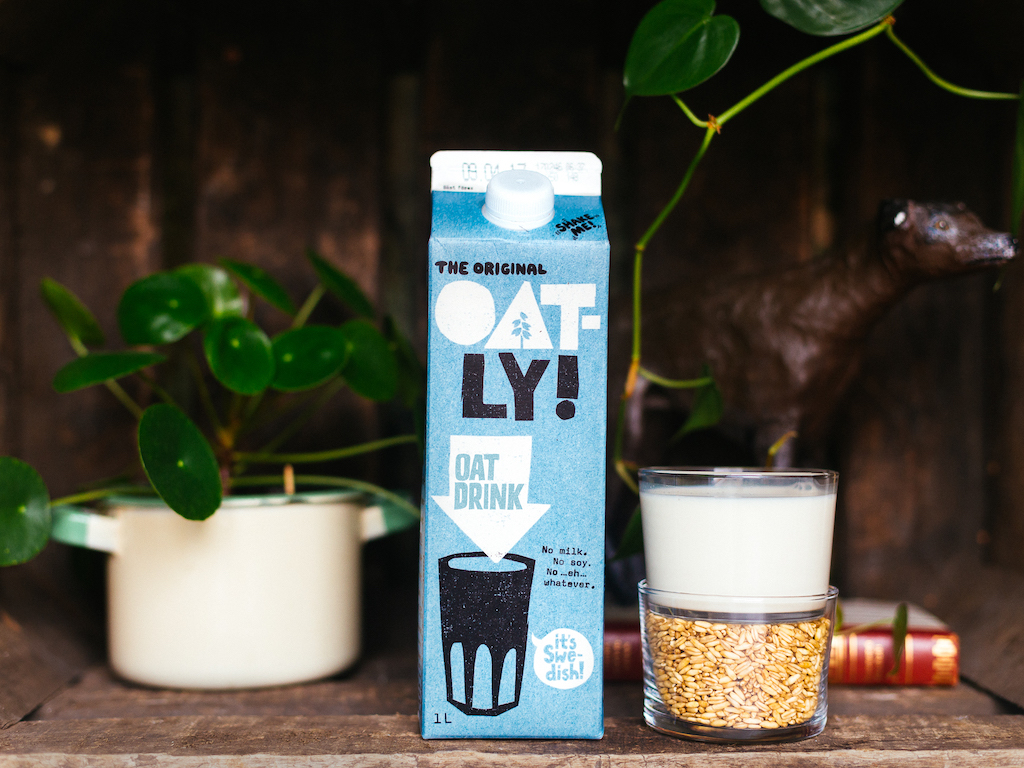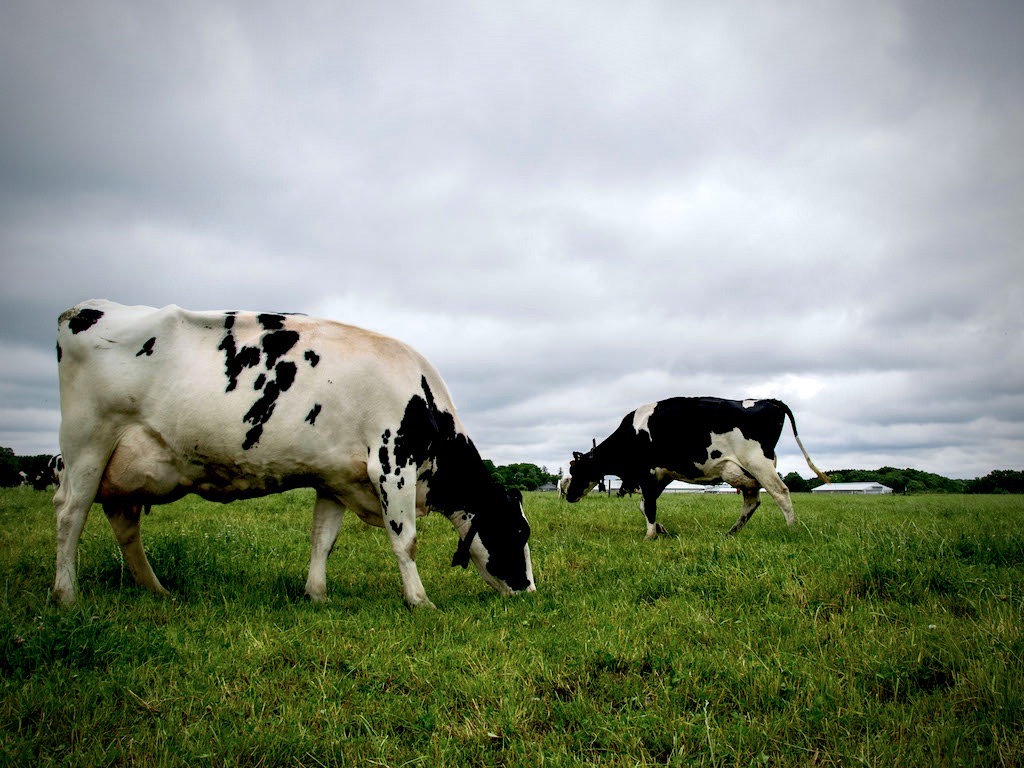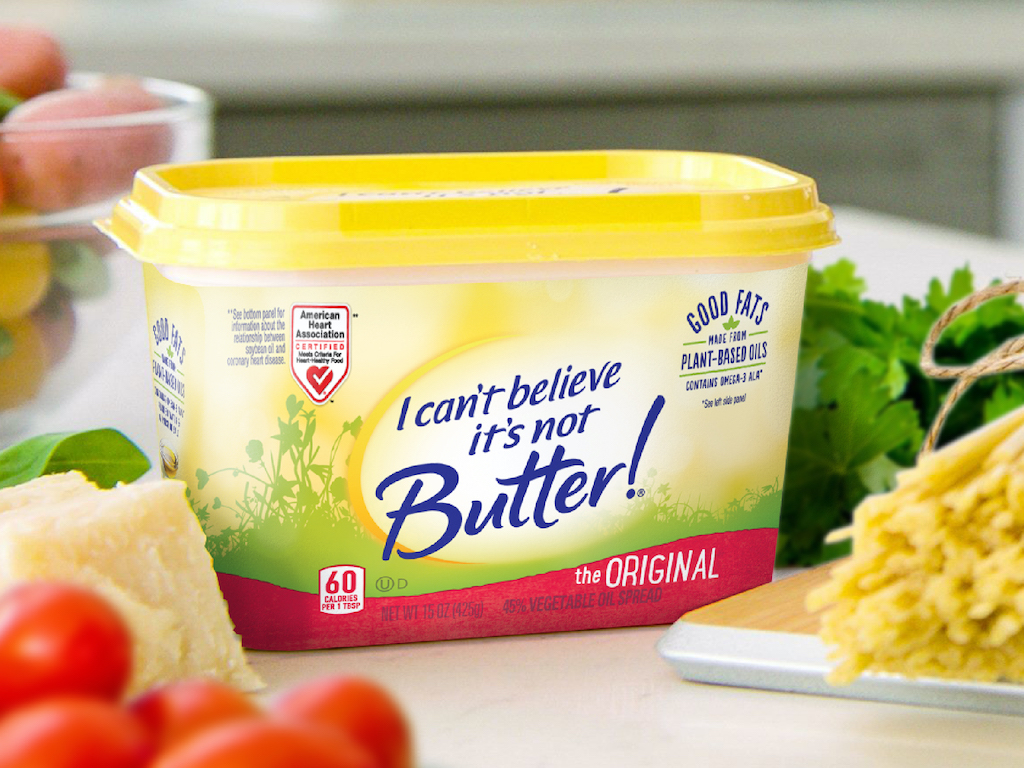4 Mins Read
Plant-based dairy giants Oatly and Upfield, alongside sustainable food nonprofit ProVeg International, have launched a joint petition to challenge new E.U. restrictions over the use of dairy-related labelling terms. The petition lodged against Amendment 171 says that the new rules amounts to “plant-based censorship”, making it more difficult for consumers to make informed decisions about climate-friendly plant-based foods.
Standing together to represent the plant-based community, famous oat milk marker Oatly, Upfield, the parent company of numerous vegan spreads like Flora and Proactiv, and ProVeg International have launched a new joint petition to stop Amendment 171 on the grounds of plant-based censorship.
The proposed amendment will mean further restrictions on the use of dairy-related terms on labels and product descriptions on the packaging of plant-based dairy products, including outlawing phrases like “does not contain milk”. The E.U. dealt the blow to the sector in October last year, when it voted against such labelling restrictions on plant-based meat products, but doubled down on its “censorship” of dairy alternatives.
Terms such as “yoghurt-style”, “cheese alternative” or “cream imitation” for dairy-free replacements would essentially be banned under the incoming rules, further impeding the ability of already heavily obstructed plant-based dairy producers who have already been subject to existing rules since 2017, which makes it illegal to use terms like “milk” and “butter”.

Food policy should be formed in the interests of consumers, environment and health. This amendment goes against all three.
Dr. Jeanette Fielding, Chief Corporate Affairs & Communications Officer, Upfield
In the petition, the organisers say that the new rules could in practice lead to the banning of packaging that even shows the climate impact of plant-based products in comparison to its animal-based counterparts, using images of a plant-based “white beverage” being poured at breakfast tables, and even bans on packaging that looks visually similar to its conventional dairy versions.
“Such restrictions would make it more difficult for consumers to choose plant-based foods in spite of ever-increasing demand, and also threaten consumers’ right to information and companies’ right to fair competition,” argued the group in a press statement.
“Food policy should be formed in the interests of consumers, environment and health. This amendment goes against all three. Making it illegal to name, package and depict plant-based foods in the way we have done for over 100 years is a serious step backwards,” said Dr. Jeanette Fielding, chief corporate affairs and communications officer at Upfield.
They add that the amended rules would pose a direct interference with the bloc’s existing sustainability goals outlined in its Green Deal, which aims to slash 60% of carbon emissions by 2030. It would also run counter to its Farm to Fork strategy targets, such as reducing the use of pesticides, fertilisers and antibiotics, promoting organic agriculture, and investing in more climate-friendly alternative proteins.

We need to adapt across every part of our food chain if we’re to tackle the climate crisis. Genuinely sustainable food production must be enabled. How will we reach our climate goals if we allow the influence of powerful but unsustainable industries to determine our collective fate?
Jasmijn de Boo, Vice President, ProVeg International
While animal livestock is responsible for as much as 17% of the E.U.’s greenhouse gas emissions, the dairy industry’s role is not to be dismissed. According to a recent Greenpeace report, when factoring in both the meat and dairy industry in the EU, animal agriculture puts out “more emissions than cars and vans combined”.
“This goes directly against the E.U.’s intent to promote more sustainable food production,” said Cecilia McAleavey, director of public affairs at Oatly. “Given the climate crisis, it’s irresponsible to try and prevent us from encouraging people to make the switch to plant-based and help protect the planet in the process. People are not stupid – everyone understands that this is an attempt by the dairy lobby to hinder the shift towards sustainable plant-based eating.”
“We need to adapt across every part of our food chain if we’re to tackle the climate crisis. Genuinely sustainable food production must be enabled,” added Jasmijn de Boo, vice president of ProVeg International.
“How will we reach our climate goals if we allow the influence of powerful but unsustainable industries to determine our collective fate?”
Lead image courtesy of Upfield.




